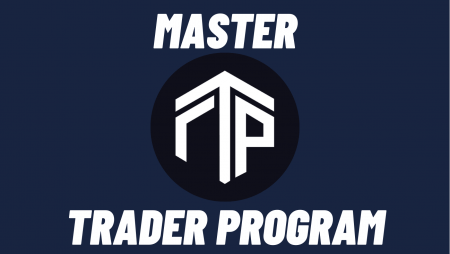The toddler years are peppered with wonder, joy, and, unavoidably, challenging behaviors. Parents often find themselves puzzled over the reasons behind their children’s tantrums and mood swings. Figuring out how to cope with and support children through these difficulties is a significant part of parenting. Below, we explore why toddlers act out and provide strategies and insights to help parents navigate this development stage effectively.
Decoding Toddler Behavior: Why Do Toddlers Act Out?
At the heart of toddlers’ challenging behaviors lies a critical child development period. Toddlers are at a stage where their language skills are just beginning to bloom, and their lack of verbal communication often leads to frustration. In the early years, this frustration can manifest as tantrums or aggressive actions, natural ways for toddlers to express their emotions and desires.
Environmental factors also act as a strong foundation in shaping toddler behavior. Toddlers react not only to internal cues but also to what’s happening around them. Overstimulation, changes in routine, or even sensing parents’ stress can provoke acting out. It’s important for caregivers to be aware of these triggers and how they can affect a child’s demeanor.
Early intervention is often key in addressing behavioral issues. Professionals such as child psychologists or behavioral therapists can provide tailored strategies and support. For families in Arizona, early childhood behavior therapy Arizona offers specialized services to meet the needs of toddlers facing behavioral challenges.
Strategies to Calm the Storm
When faced with a tantrum, it is easy to feel overwhelmed. However, remaining calm and empathetic can help de-escalate the situation. The best practices are acknowledging your toddler’s feelings and offering comfort, which can go a long way in soothing their distress. Sometimes, verbal reassurance is all it takes to help them regain composure.
Consistency in response to tantrums is vital. If parents maintain a steady and predictable reaction to outbursts, toddlers will gradually learn what behaviors are acceptable and which aren’t. Avoid giving in to unreasonable demands during tantrums, which could inadvertently reinforce negative behaviors.
Educational programs, too, can play an immense role in equipping parents with the necessary skills and knowledge. If you want to become an early childhood educator, you can pursue a bachelor’s degree in early childhood education. It can make a positive impact and offer an invaluable foundation for understanding the development of children and effective intervention techniques.
Establishing Routines: Building Consistency and Security
Toddlers thrive on routine and predictability. A stable daily routine gives them a sense of security and can reduce instances of acting out. Implementing a regular sleep schedule, meal times, and playtime can help regulate a child’s behavior and provide a comforting rhythm to their day.
Incorporating time for free play within a structured routine is paramount. Play is children’s language, allowing them to express themselves creatively and vent their energy in a positive way. Designating safe areas in the home where toddlers can explore without too many restrictions can encourage independent play and relieve tension.
Clear communication is key during transitions from one activity to another. Giving toddlers advance notice and simple explanations for the upcoming change can ease the shift and reduce the likelihood of resistance. This practice can also foster their sense of time and anticipation.
Communicating Effectively: Understanding Your Toddler’s Cues
Communication with toddlers is not solely based on words but also on attention to their non-verbal signals. Understanding a child’s body language, facial expressions, and gestures can provide clues about their needs or feelings before the situation escalates.
Encouraging toddlers to use their words to express themselves is a process that bears fruits over time. Simple phrases like “use your words” or “tell me what you want” can promote verbal expression and reduce frustration. It’s equally important to listen actively and validate their efforts when they attempt to communicate.
Sometimes, toddlers may not be able to articulate their thoughts or emotions. In such instances, picture boards or emotion cards can help them point out what they are experiencing. This tactic fosters understanding and aids in the development of emotional intelligence.
Altogether, understanding and managing toddler behavior requires patience, empathy, and various strategies. Cracking the code of challenging conduct is often about finding the right balance between structure and flexibility, combined with clear communication and consistent responses. Remember, each child is unique and may require different approaches.
Keep an eye for more latest news & updates on Essential Tribune!








